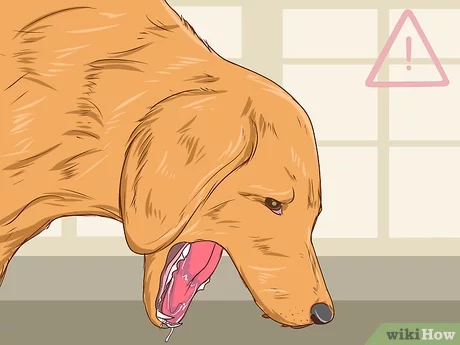How Long Do Shih Tzu Dogs Live
Shih Tzu dogs are one of the most beloved breeds in the world. They re known for their adorable appearance, loving personality, and long lifespan. If you re a proud owner of a Shih Tzu or considering adopting one, you might be wondering: how long do Shih Tzu dogs live? In this article, we ll explore everything you need to know about the lifespan of a Shih Tzu.
The average lifespan of a Shih Tzu is between 10 to 16 years. This means that if you adopt a Shih Tzu puppy, you can expect them to be by your side for more than a decade. However, it s important to remember that this is just an average and not a guarantee. Some Shih Tzus have been known to live up to 20 years, while others may only live for 8 years.
Factors that Affect Lifespan
Like all living creatures, there are several factors that can affect the lifespan of a Shih Tzu dog. Here are some of the most important ones:
– Genetics: The genetics of your Shih Tzu play a big role in determining their lifespan. If your dog comes from parents with healthy genes, they are likely to live longer than those with health issues in their lineage.
– Diet: Just like humans, dogs need proper nutrition to stay healthy and live long lives. Feeding your Shih Tzu high-quality food that meets their nutritional needs is essential for their longevity.
– Exercise: Regular exercise keeps your dog physically fit and mentally stimulated. It also helps prevent obesity, which can lead to various health problems.
– Medical Care: Regular check-ups with a veterinarian can catch any potential health issues early on, increasing the chances of successful treatment and extending your dog¡¯s life.
– Environment: Providing your Shih Tzu with a safe and comfortable living environment is crucial for their well-being and overall health.
Common Health Issues in Shih Tzus
While Shih Tzus are generally healthy dogs, they are prone to some health issues that can affect their lifespan. Here are some of the most common ones:
– Respiratory Problems: Because of their short snouts, Shih Tzus can develop breathing problems such as snoring and wheezing. In severe cases, this can lead to respiratory distress and even death.
– Eye Problems: Shih Tzus have large, protruding eyes that are susceptible to injury and infection. They are also prone to developing eye conditions such as cataracts and progressive retinal atrophy, which can cause blindness.
– Dental Issues: Small breeds like Shih Tzus are prone to dental issues such as gum disea



